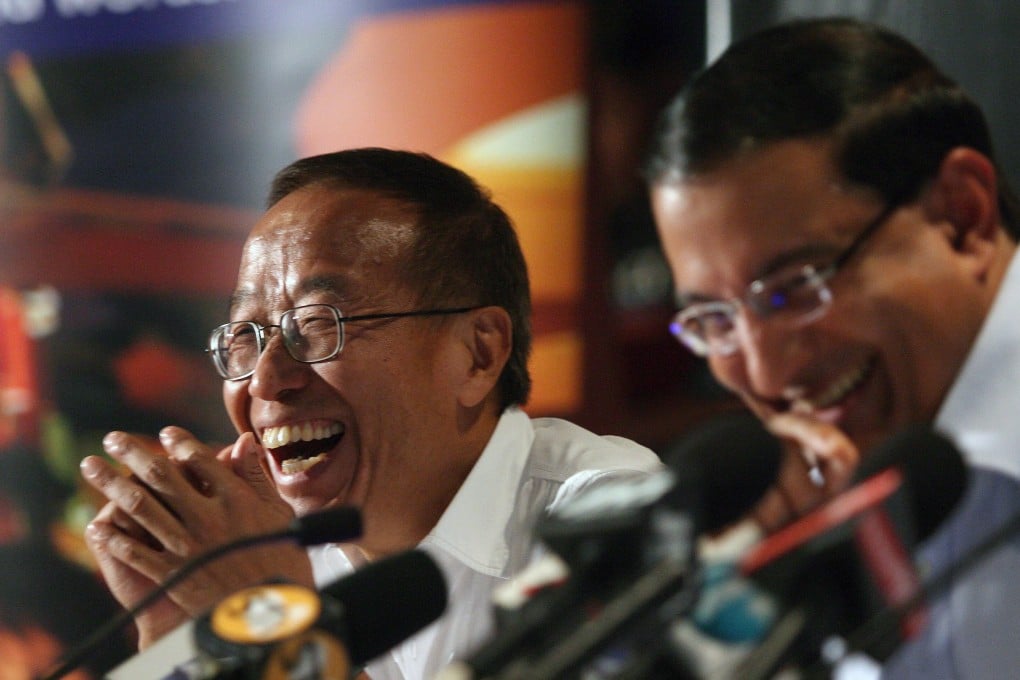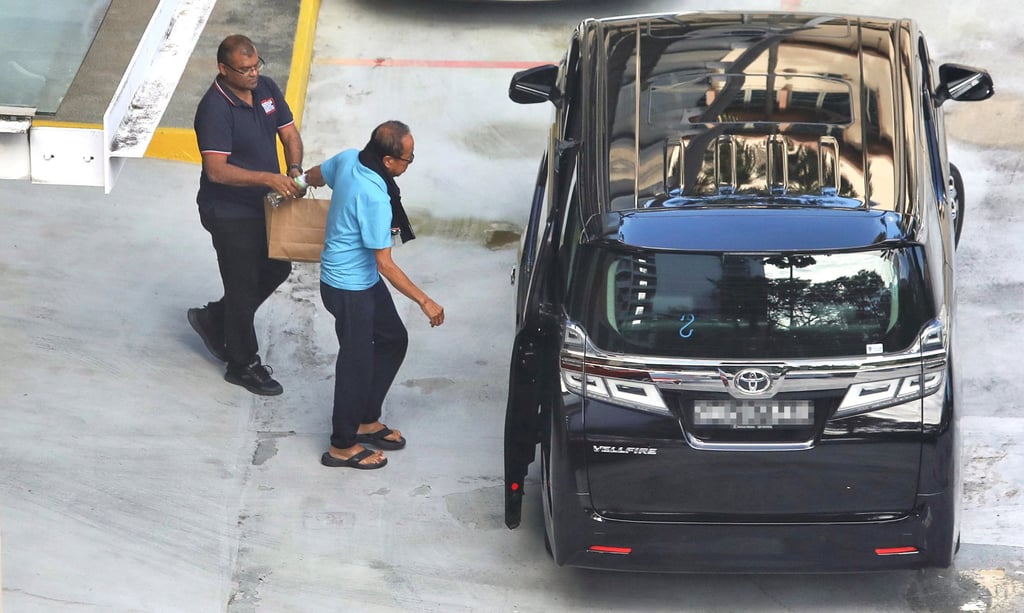Advertisement
How Ong Beng Seng, the ‘prince of a thousand deals’ who charmed Singapore, got caught up in Iswaran corruption probe
- The Malaysian-born tycoon is known among the Singapore and regional elite for his colourful persona and aggressive dealmaking skills
- Public chatter has focused on Ong’s ties with Transport Minister S. Iswaran and how they brought the F1 race to Singapore
Reading Time:4 minutes
Why you can trust SCMP
18

Ong Beng Seng, the billionaire ensnared in Singapore’s most high-profile corruption investigation in recent times, is not short on superlatives: he’s one of the richest tycoons in the city state, a big shot in the Formula One franchise owners’ club, and has been a power player in Southeast Asia for more than four decades.
He has avoided the spotlight through the years, though details about Ong’s colourful and at times brash persona – and especially his skills as an aggressive dealmaker – are well known thanks to a regional moneyed class that is tight-knit but with loose lips.
In the 1990s, descriptions of Ong in the national media and in glossy business magazines ranged from “Sheikh of the Far East” to “Prince of a Thousand Deals”.
There is at least one reference to Ong and his wife Christina Ong – a highly successful businesswoman in her own regard – as the “Posh and Becks” of Singapore’s property and hotel scene.

His Hotel Properties Limited (HPL) briefly was the cause of irritation for the island republic’s long-ruling People’s Action Party (PAP) in 1995, when its sale of discounted luxury properties to top politicians raised questions about official impropriety.

Advertisement